12 professional insider tips for landscaping your garden
Landscaping is the most expensive element in your garden. And it’s the hardest part to get right.
I went round a stunningly planted private garden last summer, which was almost completely ruined by the use of harsh, cheap red brick for the walls and budget concrete pavers on all the paths.
So I’ve asked professional horticultural consultant Matt Jackson to tell us how to ensure that the garden of our dreams actually turns into a reality.
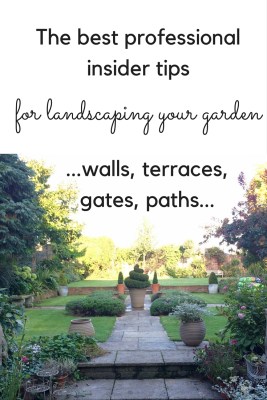
Matt writes: In the gardening world, ‘landscaper’ is a bit of a dirty word. Garden designers are the thinkers, and often don’t like to grubby their hands.
Professional gardeners/horticulturists are the fine detailists, leaving the landscaper as the shovel-wielding, digger-driving navvy.
Landscapers lay patios, erect fences, level lawns and build walls and are commonly regarded as the unskilled labour force.
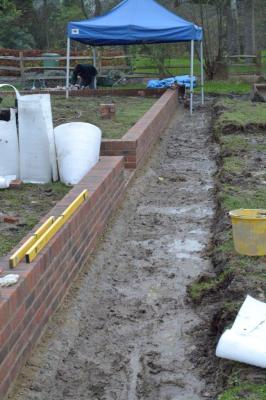
Is landscaping a dirty word in the gardening world?
Of course, that’s mostly untrue. Choose the right landscaper and you will have a skilled, experienced and intellectual resource, who can interpret a designer’s plans or your own thoughts, identify the practical issues and challenges, and overcome them with great imagination.
It’s worth remembering; how did all the great gardens get there? Somebody oversaw and undertook the construction.
So what exactly do landscapers do?
Landscape contractors do the physical creation of a garden, and what we call the ‘hard features’. Depending on the skills and range of the team, they will do construction, lawns, border layout and preparation and – if they’re also experienced at it – planting.
Here are some quick notes that you might consider them for;
- Patios and paths – choose your style and tell them what you want. For example, note that you’ll need a different spec for cars than pedestrian
- Fences and gates – pay for the best you can afford. Keep it simple and solid, and consistent with your architecture or neighbourhood. Use traditional materials and styles or, if you want to be different, think about how it will look with your house.
- Walls, terraces and brickwork features – a skilled job, and near old buildings must be ‘in keeping’
- Decking, gazebos, sheds and pergolas – again, paying for the best you can afford matters. Any timber needs to last, so hardwood is best. If you buy softwood, it must be pre-treated and continually maintained.
- Lawns – new lawns, seeded or turf on a fine grade topsoil. Drainage may be required, but experience shows that a slight fall to a border or single gravel French drain is best.
- Border preparation – I like no dig gardening, and believe any border can be started by simply mulching the surface and planting through the mulch.
- Planting – only a trained gardener will plant really well, so ensure they are. Agree aftercare responsibilities and failure rates. (note – if your landscapers are primarily wall, fence and shed builders, then engage a separate experienced gardener to do the planting. A good landscaping company will be clear about what their expertise is, so don’t think less of them if they don’t plant).
- Irrigation – there are many automated options, but having tried them I always come back to a hose and sprinkler if required. Professional ones are hard to beat, but ensure you have several convenient taps installed.
- Lighting – very popular, and a territory of landscapers certainly. It’s worth researching what you want first.
- Futureproofing – technology and requirements move fast, so if you have electrics fitted then have ducting put in in several places. This allows cables to be replaced or upgraded with digging. Outdoor WiFi is also worth thinking about.
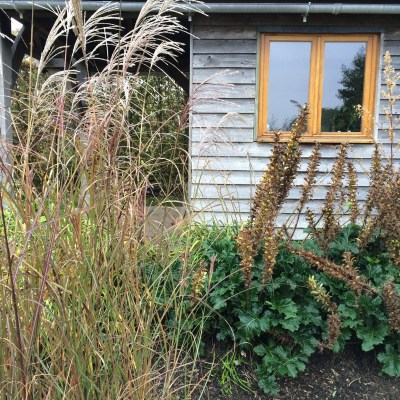
Landscapers put up sheds, fences, pergolas and walls…
How do I go about landscaping my garden?
You might have had a design drawn up, had a pretty good stab yourself, or are simply at a loss. Often a well chosen landscaper can help you from the outset.
A good landscaper will also tell you if they don’t do design (so take note of this – don’t dismiss them because they’re not ‘designers’ as it is a different skill set). Many landscaping companies will be able to refer you to a designer. The important thing is knowing who to involve, and at what point.
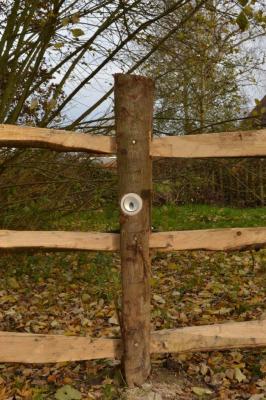
Putting up post-and-rail fencing and adding hidden downlighters is a landscaper’s work.
Come up with a master plan
In large gardens we do a master plan for the site, especially if looking at an entire overhaul. You don’t have to hold firm to it, but it’s a good exercise for working out what you need.
List everything you want in the ideal, work out where to put it, and then whether it’s actually practical (like not putting vegetable gardens a long way away from compost heaps).
Decide which specialist you need
Do you need a garden designer, good horticultural guidance or just advice on construction and drainage? It depends how confident you feel in any one area.
You might feel happy to plan the layout of your garden, but need some tips on pruning and reviving plants, or having a terrace and pergola constructed. You would need an experienced gardener for the former and a landscaper for the latter.
Whatever specialism you require, the right person should give you the confidence that they know what they are doing.
A skilled gardener will recognise plants, give latin names and common names, and explain how they look after them.
A garden designer should listen to you, connect with you, make suggestions that stimulate you, and show examples of work.
A good landscaper will explain what you need in practical terms, give some detail, and explain what the process is.
How do I find a good landscaper?
Getting the design for a garden that you like is one thing, but the real significance is in the construction. This is usually the most expensive element, and the area that can go drastically wrong, so care is needed.
Never underestimate your gut feeling, ensure that you feel comfortable with the contractor, and be sure that you like communicating with them
Recommendations go a long way
Most of my clients come to me by recommendation, and it is the same for contractors that I have used. I’ve sometimes used contractors I’ve found via adverts, and at least 50% of the time have not had a perfect experience.
If you get a recommendation then dig a little; is it just a friend passing a friend’s details on, or have they actually used the landscaper in question? Go and see the finished product, see if you like it, and ask how the process went.
Ask 3 landscaping companies for quotes
Quotations are free, and are the best way to test the market regarding cost, skills and service. If you have time to obtain 3 quotes then that is good, and standard trade practice.
Draw a simple specification so that you can explain what you want clearly, and compare the detail.
Ask for a fully itemised breakdown, examples of other work, a little about the experience of their team, and proof of insurance.
Do a little research if you can, and see if the prices quoted line up with what you see via search engines. Contractors get trade prices, so the cost to you should be fair, although expect them to charge a small mark-up.
It’s all about communication
Once you have chosen a landscaper ensure that you meet again to agree the actual specification of the job in detail.
Get it all written down, and record all subsequent conversations, so if there are future misunderstandings there is a clear trail of information. A good contractor will do this anyway, and certainly won’t mind if you request it.
What to do before you start
The exciting bit is getting started. Agree dates, but be a little lenient and prepared for a delay of a few days, as most landscaping depends on the weather.
Landscaping works can be mucky, untidy and invasive, so expect major disruption and plan for it at home (clean access to the house etc).
Have a works schedule planned, and try to ensure that they don’t leave long gaps between start and completion.
When and how should you pay?
However confident you are in your choice of contractor, do not make payment in full up-front. No respectable firm expects this, and established firms can cover the project span, so don’t be fooled.
It is common to agree a payment at the start of the project for materials, but only once they have arrived, and for large projects 50% at the halfway point is not uncommon either.
How do I check the standard of work?
This is perhaps what concerns most people when taking on a landscaper, and it’s sad to say that some contractors do shoddy work. If you are comfortable at judging workmanship – again ‘gut feeling’ is often telling, then just check progress daily yourself.
If you don’t have the knowledge, then perhaps you know a friend who does? Ask them to pop over several times, maybe even introducing them to the contractors.
If you really are unsure and are worried, then get an independent horticultural consultant to have a look. It is likely to carry a fee, but might be worth it in the long run.
What should landscaping cost?
This is a very difficult question. For a major redesign of a garden, with lots of hard landscaping and planting, then work with 5% of the value of your house as a starting point. A daily rate for a skilled worker plus labourer, with van and tools can be £350 to £500.
Materials are variable, but paving in a nice stone from £20 per sq/m, and planting an herbaceous border from £10 per sq/m are guidelines.
If there is only one piece of advice
Do nothing that you are not completely comfortable with. Listen to the experts – but also listen to your own instincts and feelings. Designing, constructing and landscaping a garden should be an entirely enjoyable experience, and if you are happy then it’s right for you.
And a note from Alexandra:
When we renovated the Middlesized Garden, we got our landscapers – AS Landscapes, Faversham – out of the Yellow Pages, and had a very successful experience.
AS Landscapes produced a competitive quote within about a week. They also suggested sample bricks and pavers for us to consider at an early stage. They had a ‘no worries’ approach and sourced a digger that could get through our very narrow gate.
We didn’t know anyone who had used them before, but they have since been used by many of our friends, so we were running on what Matt calls ‘instinct’. Which worked excellently.
Or, of course, you could engage Matt to manage your big garden projects…
Matt Jackson is a freelance garden and landscaping consultant. He was formerly Gardens Manager at Sissinghurst and Head Gardener at Doddington Place Gardens. He is also a writer and broadcaster – his book Lunar & Biodynamic Gardening is published by Cico Books. For help with garden renovation, consultancy, biodynamic gardening and other bespoke packages see Matt Jackson Gardens or email [email protected].
And there’s more advice from Matt here – how to create a child-friendly garden and see here for his tips on reviving a tired garden.
If you’ve found this useful, do please share it using the buttons below. Thank you!





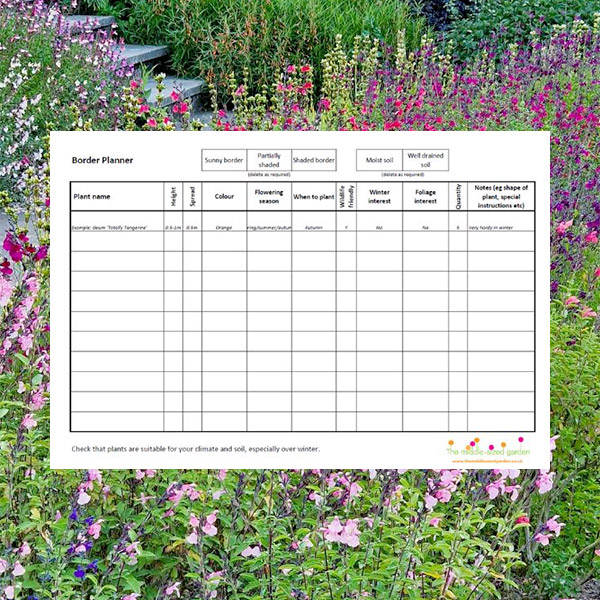
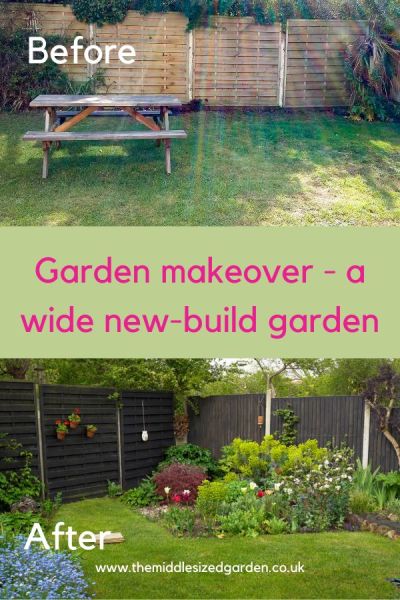

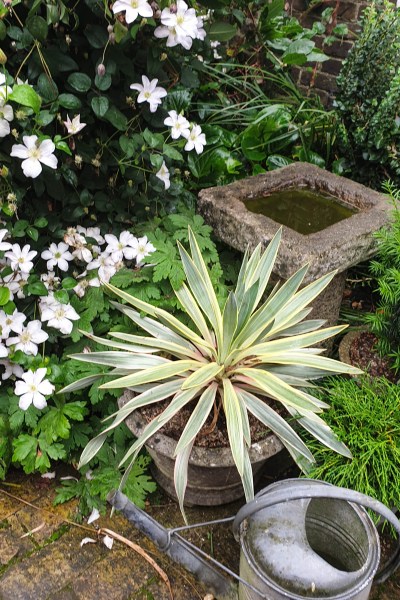
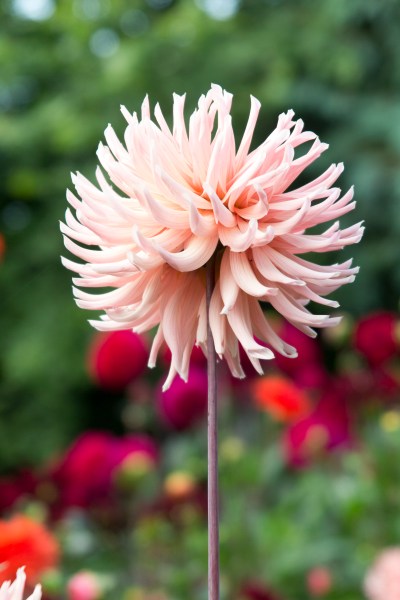
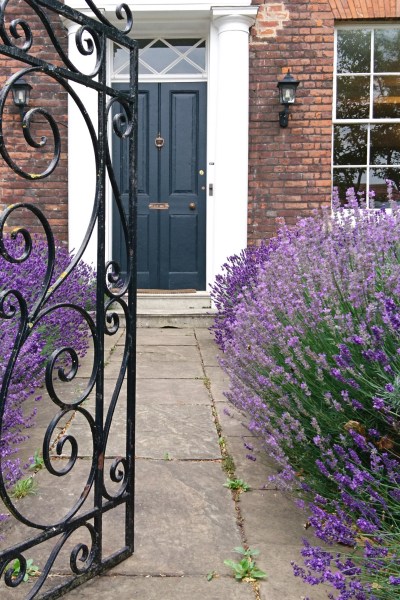
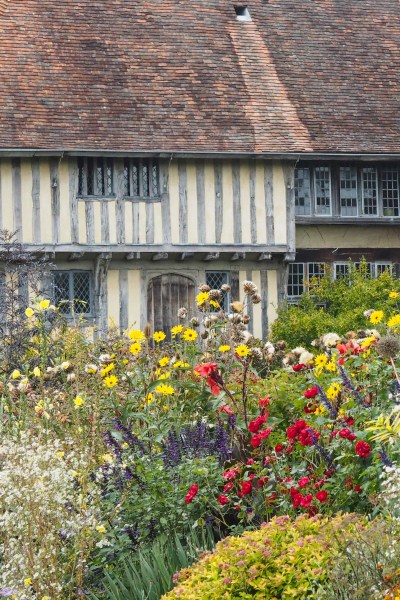












Thank you, Alexandra & Matt, for the wonderful and informative content. I fully agree that the standard of work is often difficult to judge! One trick I often tell my friends and potential landscaping clients is to turn the tables and ask the contractor what questions would they ask if they were hiring a landscaping contractor themselves. If they start telling you about references, communication, technical aspects of the job, transparent pricing, etc., then you have likely found the real deal. If they don’t know or give a confusing answer, keep looking. A good contractor will have a clear set of standards and no difficulty to talk you through them clearly.
Thank you, that is excellent advice. I had to remove the link from your comment as it led to an internal server error, but if you’d like the link please leave another comment (perhaps with another tip!) and I’ll make sure it stays in.
Thanks Alexandra!! Very helpful and informative. Choosing skilled and experienced garden landscaper can make huge difference.
Landscaping is something that can make or break an otherwise beautiful garden. Such an important aspect of all gardens whatever their size but so often overlooked so thanks for providing such a fab and detailed article.
Thank you so much for your comment!